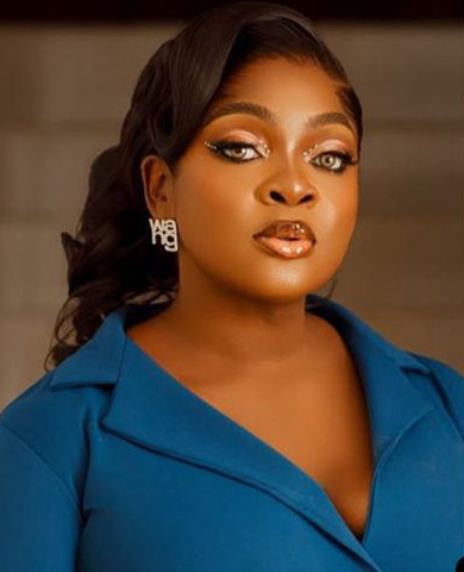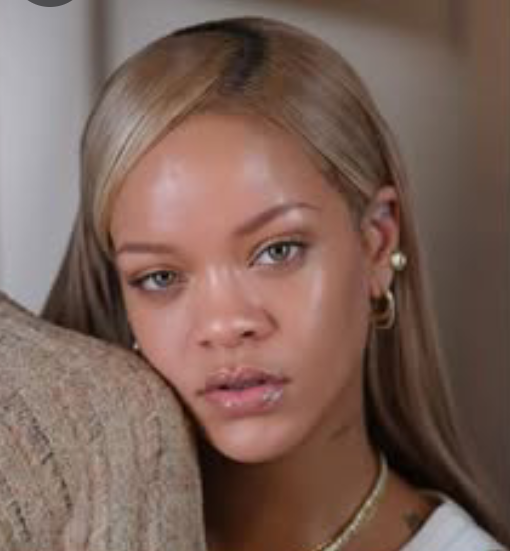
“Choose Decency Over Division”: Eniola Badmus Speaks Out Against Hate on Social Media

In a country where political tensions often run high and social media has become both a platform for free speech and a battleground of harsh opinions, Nollywood actress Eniola Badmus has stepped forward with a timely and powerful message: “No matter your political views, we must never let hate override our humanity.” Her words, delivered in a heartfelt statement on her verified Instagram account, have struck a deep chord across Nigeria, reminding citizens of the urgent need to uphold decency, especially in this digital age where faceless hate is just a click away.
The actress, known for her bold personality, comedic flair, and long-standing contribution to Nollywood, didn't mince words as she addressed what she described as a disturbing trend: the normalization of hate speech and death wishes against others simply for holding different political views. According to Badmus, recent comments from a popular social media influencer sparked her outcry — someone she says used their wide-reaching platform to wish death upon another individual based solely on political disagreement.
“It’s truly disheartening,” she wrote, adding that such expressions do nothing but widen the already deepening chasm of mistrust and division in society. In a time when Nigerians are still healing from the bruises of economic hardship, political manipulation, and tribal sentiments, her words serve as a plea for compassion, tolerance, and restraint.
Badmus emphasized that while political differences are inevitable in a democracy, the manner in which Nigerians choose to handle those differences speaks volumes about their character as a people. "If we want change," she added, "let it be through dialogue, truth, and unity—not violence or death wishes." She concluded her post with a resonating appeal: “Let’s choose decency over division.”
In a political climate as charged as Nigeria's — where elections often inflame tribal loyalties, religious tensions, and personal attacks — Badmus’s stance is not just bold; it is necessary. Her message echoes beyond the entertainment industry and taps into the nation’s collective conscience. For many, it is a sobering reminder that democracy thrives not on hate, but on robust debates anchored in respect for human dignity.
The response to her post has been largely positive. Fans, followers, and fellow celebrities took to her comments section to applaud her courage and agree with her sentiments. “Well said, Eniola,” one follower wrote. “People need to understand that political disagreements should never be personal or toxic.” Another commented, “Thank you for using your voice to preach peace. We need more influencers like you.”
However, not everyone received her message with open arms. In a typical display of the polarized times, a few dissenting voices criticized the actress, accusing her of being selective in her condemnation or not speaking up earlier. But such reactions only further reinforce the need for voices like Badmus’s to rise above the noise, even if it means facing backlash.
The actress’s post also comes at a time when Nigeria’s digital space is increasingly becoming a source of concern. From cyberbullying to misinformation and online harassment, social media platforms like Twitter, Instagram, and Facebook — once hailed as tools for youth engagement and accountability — are now being used to propagate division, hatred, and toxicity. Influencers with large followings often set the tone of conversations, and when that tone is steeped in bitterness and intolerance, the ripple effect can be dangerous.
This isn’t the first time Eniola Badmus has spoken out about social issues. Over the years, she has used her platform not just for entertainment but also for advocacy. Whether she’s calling out body shaming, promoting mental health awareness, or now, championing peaceful political discourse, Badmus has consistently demonstrated a willingness to speak truth to power — or in this case, truth to toxic digital behavior.
Her statement is also a challenge to other public figures and social media personalities. In a time when silence can often be interpreted as complicity, Badmus has taken a firm stand. She is calling on others in the limelight to reflect on the kind of energy they put into the world and how it affects their audiences, especially young impressionable followers who may take cues from them.
As Nigeria prepares for upcoming political decisions and the general populace continues to engage more actively in civic matters, there is no better time to reinforce the values of empathy, dialogue, and respectful disagreement. The idea is not to silence opposition or dissent, but to remind everyone that how we express ourselves matters. Passion for a cause should never give way to poison in our words.
Eniola Badmus’s message serves as a timely intervention in a society at risk of tearing itself apart through the unchecked spread of hate speech online. Her call to “choose decency over division” is more than a slogan; it is a call to action. It invites Nigerians to pause, reflect, and realign their values — to be more human than political, more empathetic than egotistical, and more united than divided.
At a moment when it would be easier to stay silent or join the mob, Badmus chose to speak. And in doing so, she reminded everyone that in the end, our politics may differ, but our humanity must remain intact. As she so powerfully put it, “As Nigerians, we are better than this.”
And indeed, we must be.


